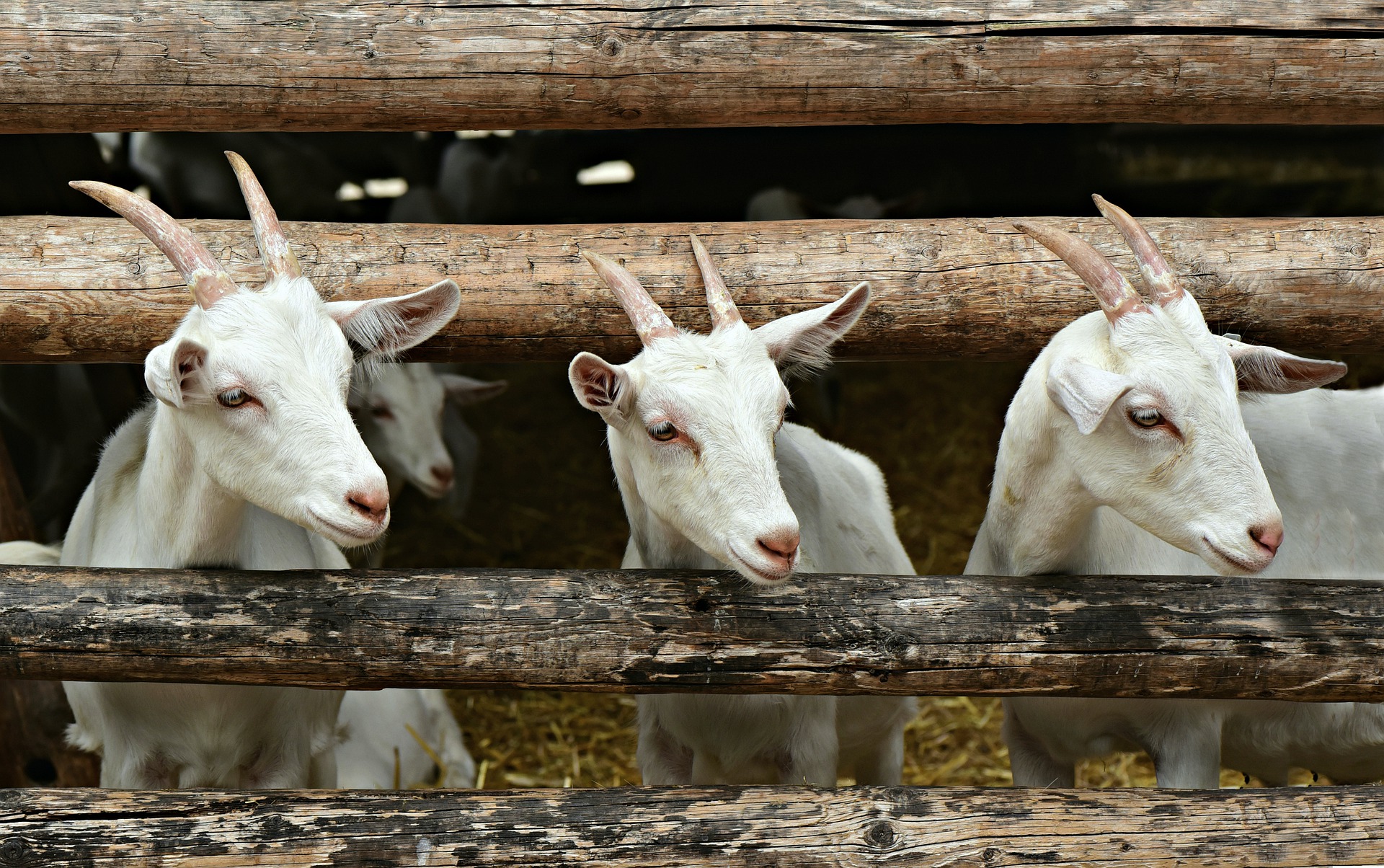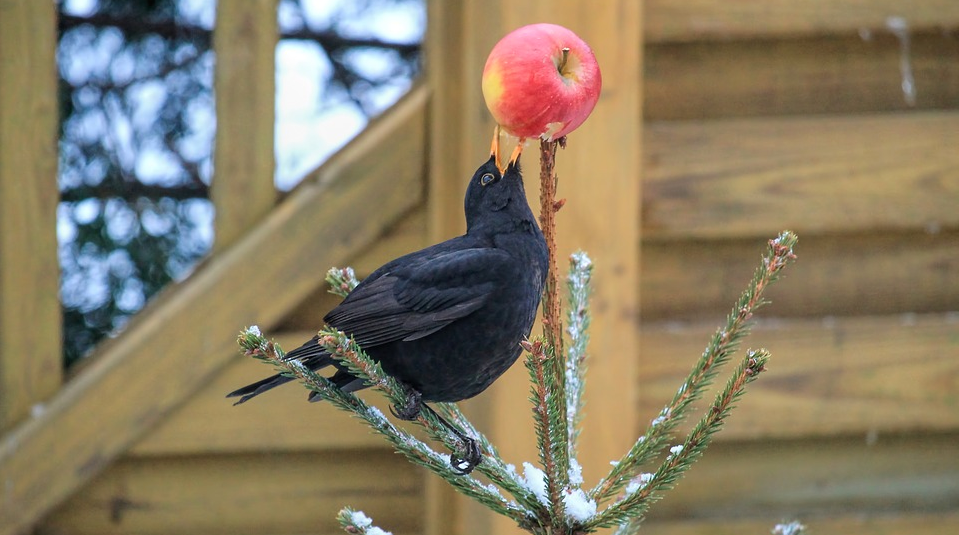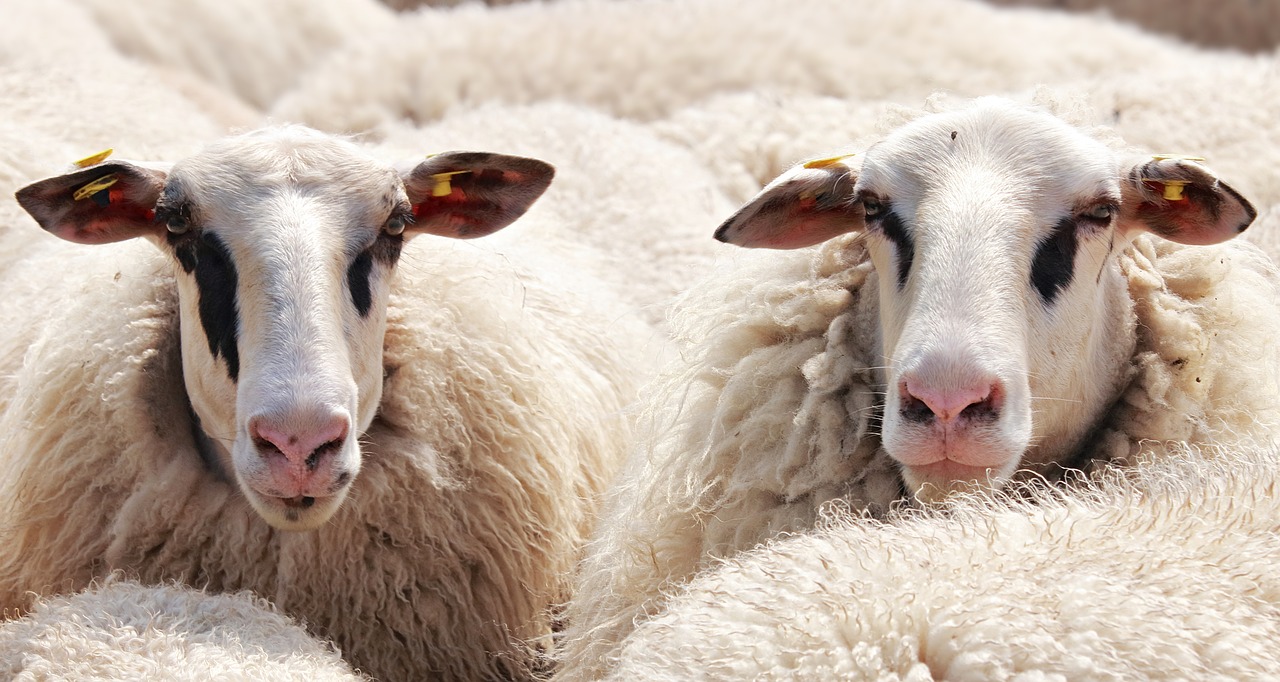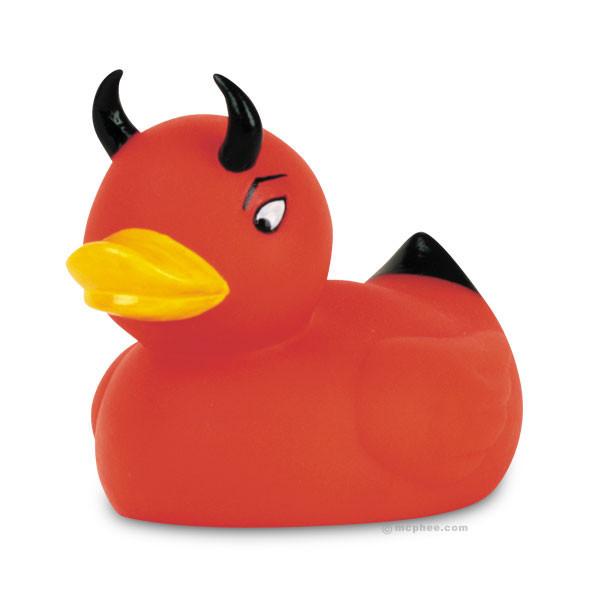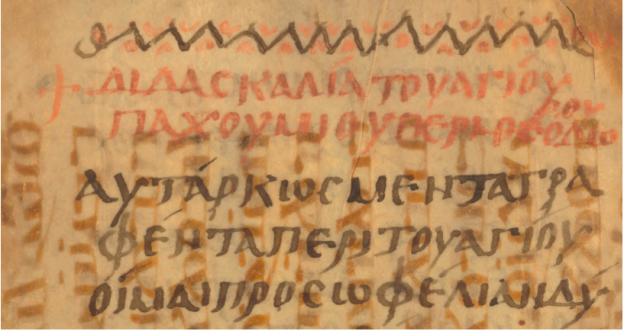whoa. so my mom requested to know more about the term “doldrums” and a whole new weather world has just opened up!
we’ve all heard doldrums: a state or period of inactivity, stagnation, or depression. i think it’s safe to say that we know that it’s related to ships and sailing and no wind. but here’s some super interesting background on the doldrums: it’s actually the region of the atlantic ocean that’s over the equator, where two sets of tradewinds meet, and conditions can be all over the place.
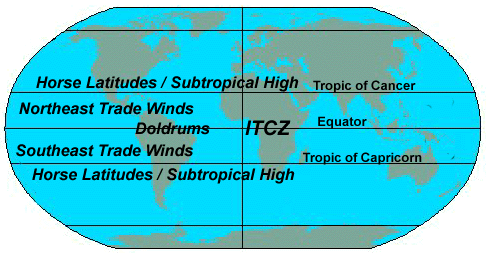
no wind. this is a low pressure area from 5°N to 5°S of the Equator. the winds are calm, which means there’s no way for ships with sails to get moving.
tradewinds meet. the doldrums are also know as the Inter Tropical Convergence Zone (ITCZ) because of the tradewinds meeting. because of the two systems meeting, conditions can be all over the place.
it’s not good.this area of the ocean was to be avoided in sailing of yore. ships could be stranded for weeks and weeks, running out of provisions, not to mention scurvy, deliriousness, and cabin fever.
but why? this section is caused by the sun’s radiation. the heat from the sun on the equator causes the air to warm and then rise straight up instead of to either side. the tradewinds also meet here, converging and moving upward. hence, no wind to make you go. or really erratic wind! it could be nothing or it could be violent storms.
but what the heck are the horse latitudes?? the two areas above and below are known as the horse latitudes. spanish ships that were transporting horses to the colonies would get stuck in the horse latitudes, and because of the extra long voyage, the horses would die and get thrown overboard.
and it’s kind of unpredictable. the doldrums can change with the season, and it’s susceptible to the temperature of the ocean. sometimes it can double, one on the north and the other on the south side of the equator.
weirdly enough, the etymology of doldrum is surprisingly late, considering how many ships were out sailing the atlantic before the birth date of doldrums: 1803. could be that the word had been in use for some time but hadn’t been written down.
and, in a neat convergence (unlike those tradewinds), doldrum comes from the word “dulled” and “tantrum”.
the oldest written sample i found on an etymology site was in a poem: “if you’ve the doldrums or ennui (!), forsake the town and come to me.” (a marine picture)
in related news, it’s kind of amazing how much land is ABOVE the equator. and also how big the pacific ocean is.

